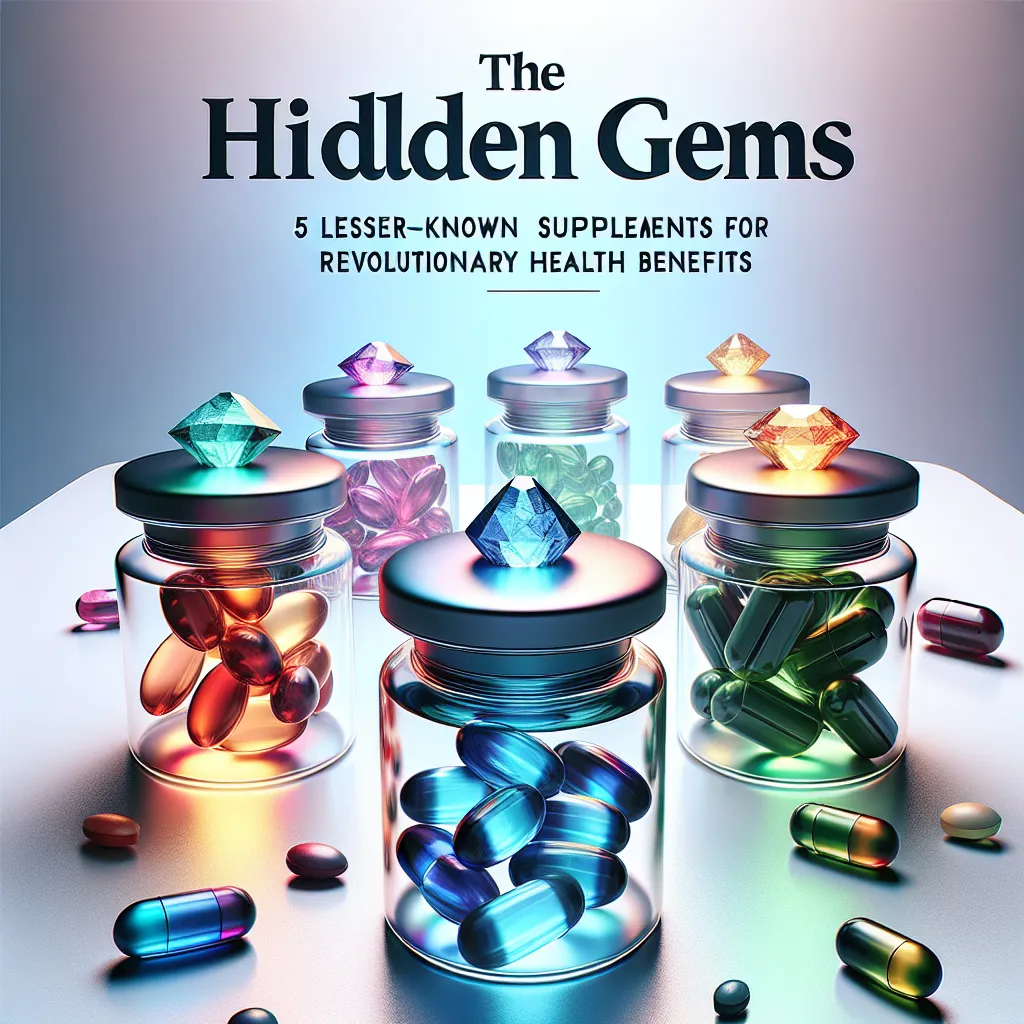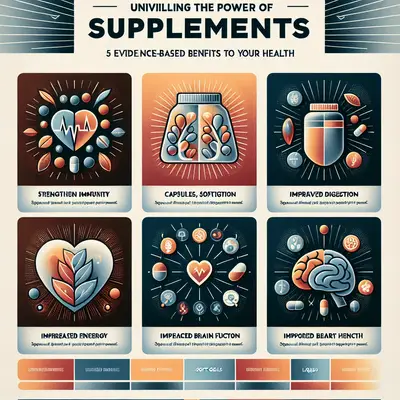Bacopa Monnieri
This traditional Ayurvedic herb is gaining traction for its cognitive-enhancing properties[^1^]. Bacopa Monnieri is reputed to improve memory and cognitive function and reduce anxiety significantly. Its antioxidant properties also protect the brain from oxidative stress, contributing to overall mental wellness.
Lion's Mane Mushroom
This unique mushroom has a long history in traditional Chinese medicine, and current research supports its potent neuroprotective effects[^2^]. Lion's Mane Mushroom promotes the growth of brain cells, enhances memory and cognitive function, and may even delay the onset of neurodegenerative diseases like Alzheimer's.
Spirulina
This blue-green algae is a nutritional powerhouse, packed with protein, vitamins, minerals, and antioxidants[^3^]. Regular consumption of Spirulina can boost your immune system, reduce inflammation, and may even help prevent cancer. Plus, its high protein content makes it a popular supplement among athletes and fitness enthusiasts.
Berberine
Berberine is a chemical found in several plants and has been used in traditional Chinese medicine for centuries[^4^]. Modern science confirms its ability to control blood sugar levels, making it incredibly beneficial for people with type 2 diabetes. It also has impressive cholesterol-reducing effects and can support overall heart health.
Ashwagandha
Another jewel from the Ayurvedic tradition, Ashwagandha is a powerful adaptogen known for combating stress and anxiety[^5^]. Its antioxidant and anti-inflammatory properties promote overall health, while its potential to enhance fertility and boost testosterone levels has made it a popular supplement among men.
Conclusion
The world of supplements is more diverse and exciting than you might have imagined. While it's essential to consult with your healthcare provider before starting any new supplement, these hidden gems could offer the boost you need to reach your health goals. So why not step off the beaten path and explore the lesser-known corners of the supplements world? Your body might thank you for it.
[^1^]: Aguiar, S., & Borowski, T. (2013). Neuropharmacological Review of the Nootropic Herb Bacopa monnieri. Rejuvenation research, 16(4), 313–326. https://doi.org/10.1089/rej.2013.1431
[^2^]: Wong, K. H., Naidu, M., David, R. P., Bakar, R., & Sabaratnam, V. (2012). Neuroregenerative potential of lion's mane mushroom, Hericium erinaceus (Bull.: Fr.) Pers. (higher Basidiomycetes), in the treatment of peripheral nerve injury (review). International journal of medicinal mushrooms, 14(5), 427–446. https://doi.org/10.1615/intjmedmushr.v14.i5.10
[^3^]: Serban, M. C., Sahebkar, A., Zanchetti, A., & Antal, D. (2016). Effects of supplementation with green tea catechins on plasma C-reactive protein concentrations: A systematic review and meta-analysis of randomized controlled trials. Nutrition (Burbank, Los Angeles County, Calif.), 32(9), 970–976. https://doi.org/10.1016/j.nut.2016.02.011
[^4^]: Yin, J., Xing, H., & Ye, J. (2008). Efficacy of berberine in patients with type 2 diabetes mellitus. Metabolism: clinical and experimental, 57(5), 712–717. https://doi.org/10.1016/j.metabol.2008.01.013
[^5^]: Chandrasekhar, K., Kapoor, J., & Anishetty, S. (2012). A prospective, randomized double-blind, placebo-controlled study of safety and efficacy of a high-concentration full-spectrum extract of ashwagandha root in reducing stress and anxiety in adults. Indian journal of psychological medicine, 34(3), 255–262. https://doi.org/10.4103/0253-7176.106022



